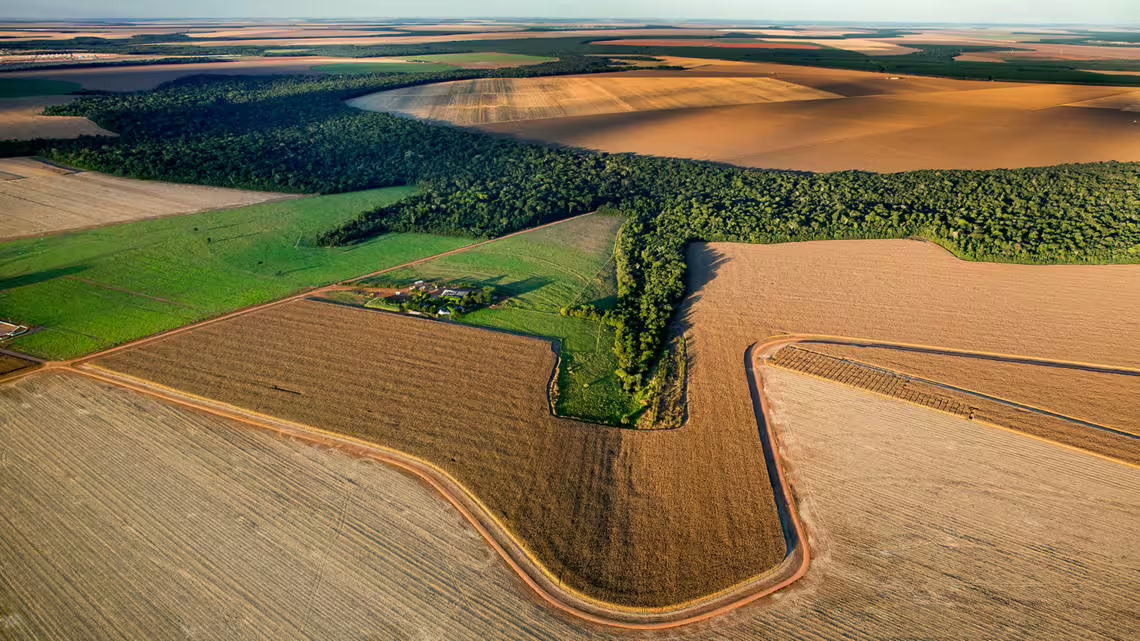Geneva, 27 March 2017: The World Business Council for Sustainable Development (WBCSD) today released a call-to-action report on landscape connectivity, in collaboration with Syngenta and supported by PwC. The report raises awareness about landscape connectivity and the implementation of simple, workable solutions that promote it.
Introducing landscape connectivity and its benefits, the report identifies policy gaps and outlines the roles that stakeholders can play in promoting and implementing supporting actions. With measures improving landscape connectivity also supporting several Sustainable Development Goals and helping governments move towards their NDC targets under the Paris Agreement, the private sector’s involvement in these efforts is essential.
The report highlights the business case for landscape connectivity, detailing bankable returns when investing in the creation of landscape connectivity and wildlife corridors on marginal and less productive lands. This shows that there is potential for business to spur the growth of new investment models that can be scaled up.
Landscape connectivity can create significant benefits for nature, society, business and food production when managed effectively and in a collaborative way. A multi-stakeholder and sectoral approach and action is therefore critical to fully realize the potential benefits of landcape connectivity.
Finally, the report calls on relevant stakeholders to bring connectivity and conservation to the core of landscape decision-making, planning and practices, also in urban areas.
